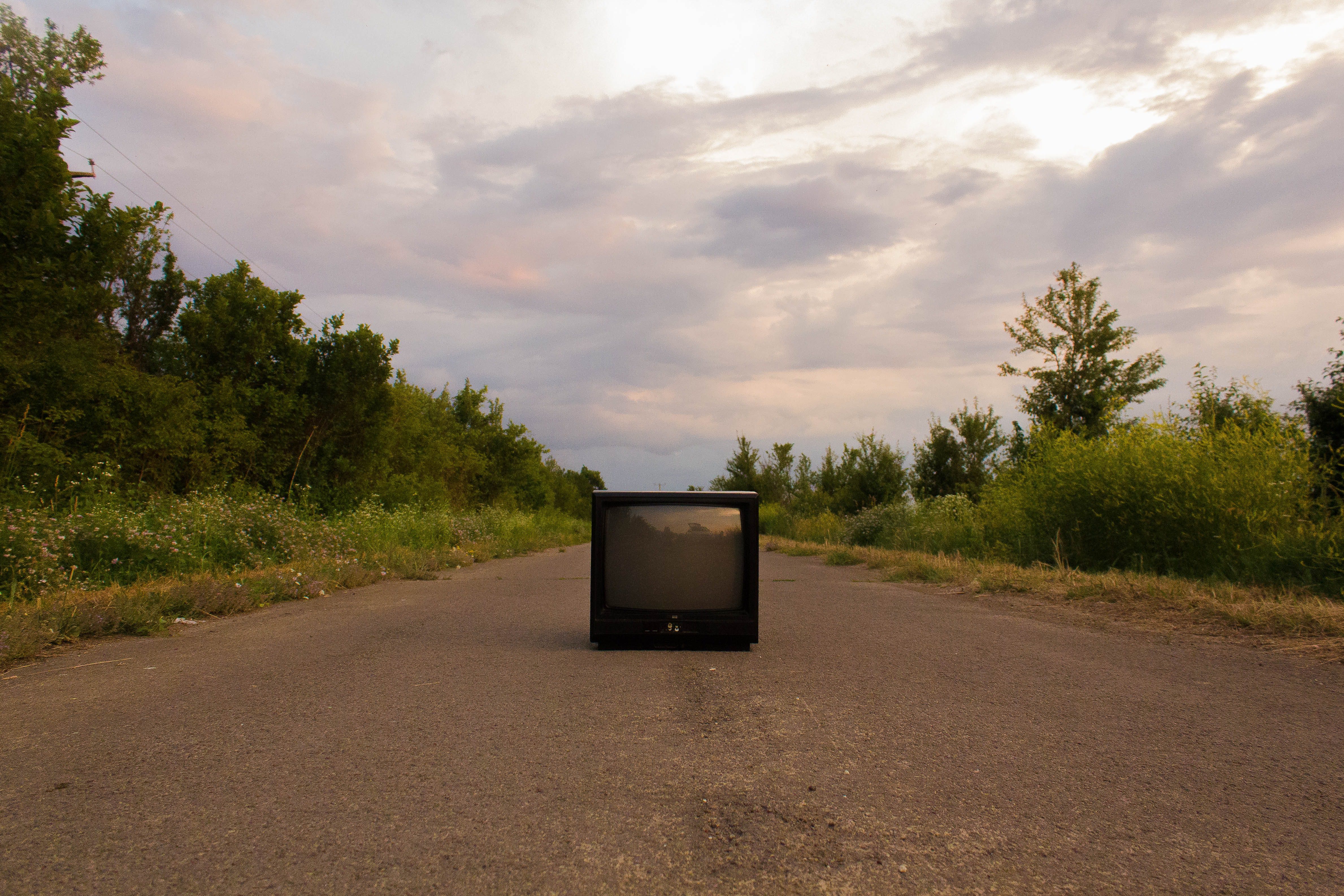Pay-TV service providers, like many other businesses in Nigeria, are currently facing unprecedented challenges. Apart from regular problems such as inadequate electricity supply, insecurity, and licensing, they now have to grapple with the effects of a consistently high inflation rate and several unfavorable government policies.
There are 3 ways of receiving digital TV signals in Nigeria, and they are; Digital Terrestrial Television (DTT), Direct to Home (DTH), and the Multi-channels, Multi-points Distribution System (MMDS). For over 20 years, the pay-TV industry has helped connect middle- and low-income Nigerians to information and entertainment from around the world through satellite television.
However, an unfriendly business environment continues to limit the growth and potential benefits of the Pay TV industry in Nigeria.
Naira Devaluation and Value Added Tax (VAT) hike
When the government through the Central Bank of Nigeria devalued the Naira, for the second consecutive time in 2020, it became more difficult for pay-TV service providers to fulfill their foreign content obligations which are purchased in dollars, as they now needed more money in naira to purchase the same content.
As a result of this inflation, the pay-TV providers had to increase their subscription costs. The country’s most patronized pay-TV operator, MultiChoice Nigeria (owner of DStv and GOtv) raised the subscription cost of some of its DStv packages by 13 percent in September. A similar upward review of subscription cost was also implemented by the country’s second-biggest pay-TV service provider, Startimes, which raised subscription cost by an average of 22 percent in August.
Startimes attributed their price increase to the new VAT increase from 5% to 7.5% and the foreign exchange/Naira depreciation which has impacted its cost of operation. While Multichoice cited inflation and its operational cost for the price increase.
It is clear that repeated devaluation of the Naira does great harm to consumers and Nigerians in general as people have to pay more for goods and services without a simultaneous increase in their incomes. A stable foreign exchange market is imperative for the survival and profitability of pay-TV operations in Nigeria, as it is for the entire economy.
Ban on Exclusive Contents
The 6th Nigerian Broadcasting Code that was released in August 2020, also appears to mean more harm than good for the pay-TV industry in Nigeria.
The revised code, which makes content exclusivity illegal, compels content re-selling and sub-licensing and also aims to regulate the prices at which content is sub-licensed. As a result of this, content streaming service providers such as Netflix and Amazon as well as pay-TV channels like iROKOTv and Africa Magic are considering halting further investment in the Nigerian content industry.
[perfectpullquote align=”left” bordertop=”false” cite=”” link=”” color=”” class=”” size=””]It is important that the NBC does not turn private enterprises into state-controlled enterprises under whatever guise.[/perfectpullquote]
The Nigerian Broadcasting Corporation (NBC) claims to be doing this to promote “effective competition in the broadcast industry in Nigeria.”
However, these industry players are convinced that this policy banning content exclusivity is a huge threat to their investments. The fact that this policy also compels content producers to sell or sub-license content to other broadcasters, including direct competitors, disincentivizes content production.
Investors in content creation and the Pay-TV industry deserve to reap from their investments, and this can only happen when business-friendly policies are created and implemented in the industry. Forced re-selling and sub-licensing will definitely hamper foreign investments in the content creation and broadcasting industry, as these investors are fully aware of their inability to reap dividends from their investments.
It is important that the NBC does not turn private enterprises into state-controlled enterprises under whatever guise. While there may be a need to address the issue of pay-TV’s exclusive deals on broadcast rights, especially for educational contents, forcing operators to re-sell or sub-license contents is not the best approach.
The 6th broadcasting code as well as several government policies continue to blockade the development of pay-TV services in Nigeria and there remains an urgent need for the government’s commitment to business-friendly policies that can help grow and improve the industry.
Stephen Oyedemi mostly explores the interconnection of technology, economic freedom, and human well-being. He tweets @skoyedemi.
This article is credited to Ominira Initiative.
Photo by Gaspar Uhas on Unsplash.

